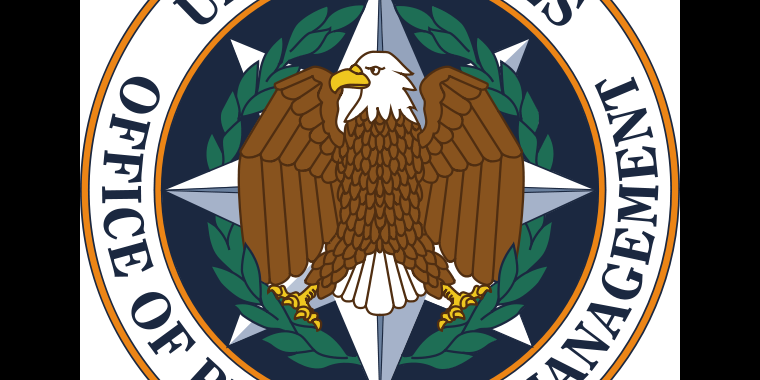
OPM Directs Periodic Reinvestigations of Public Trust Employees
11/16/11: Over the objections of NTEU, the Office of Personnel Management (OPM) has directed that so-called "public trust" employees undergo a periodic reinvestigation (PRI)at least once every five years. Public trust employees are those who occupy positions that involve policy making, major program responsibility, public safety and health, law enforcement duties, fiduciary duties, and similar responsibilities; they complete the SF 85P background investigation form. It includes a large percentage of the bargaining unit employees represented by NTEU.
NTEU had twice submitted comments to OPM opposing the proposal to mandate PRIs of public trust employees. Although we succeeded in forcing OPM to explain its proposal more fully, OPM has now issued a final rule that will take effect December 9, 2011.
NTEU had argued that the reinvestigation process was basically a waste of time and money and a source of unnecessary stress for affected employees. OPM cited to an executive order granting the Director of OPM the power to determine the frequency of reinvestigations. In the exercise of that discretion, the Director determined that information more than five years old was "outdated." To respond to NTEU's concern about costs, OPM has prescribed relatively low-cost investigations: the "National Agency Check with Local Agency Check and Credit Check" and the "Periodic Reinvestigation," depending on the level of public trust. Unfortunately, OPM has not revealed the precise components of each type of investigation.
In the final rule, OPM also defended its imposition of a PRI requirement despite acknowledging that it has only limited ability to direct a suitability action based on information uncovered in a PRI, when the subject employee has been employed for more than a year. Such an employee can only be removed via a suitability action if he made material false statements, refused to furnish testimony, or is subject to a statutory or regulatory bar to employment. OPM observed that other adverse information uncovered in a PRI could be the basis for an adverse action against a nonprobationary employee. This is true, of course, but the agency must still demonstrate that an adverse action will promote the efficiency of the service. The agency must, therefore, prove a nexus between the adverse information uncovered and the employee's job.
While the Union is disappointed that OPM has taken this step, we are not surprised. NTEU will continue to monitor the PRI process as it rolls out. If experience demonstrates that the process is excessively costly and burdensome, we will take that evidence to OPM. We intend to hold OPM to its commitment "to periodically assess the cost-effectiveness of the investigative products selected."
